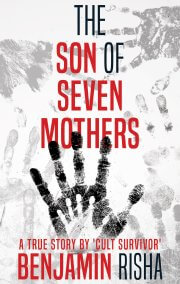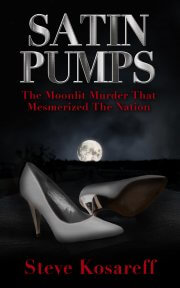
Suspense Author Janice Boekhoff
All of us who write love to pour our words onto the page in new and different ways. We strive to get just the right image, just the right tone, just the right nuance. But are these efforts in vain? Has anyone ever recommended a book because of the tone?
Sometimes when I get book recommendations from friends, this is what it sounds like:
Friend: You’ve got to read this book by so-and-so (name withheld because I don’t want to get sued by bestselling author who pays their legal staff more than I make in a year). The writing wasn’t good, but I loved the main character. And there’s a twist at the end that you won’t see coming.
Me: How was the writing not good?

Photo Credit: http://www.depositphotos.com
Friend, said with a wrinkled brow: I don’t know. It was just kind of flat. He repeated himself a lot.
This is usually how my conversations go with people who are not writers. They can tell the writing stunk, but they don’t know why. Despite the poor writing, they continue to enthusiastically recommend the book. Why?
Because story trumps writing every day of the week.
This may not be a revelation to you, but in my early writing days, it was an epiphany for me to realize how God created us. God wired our brains to latch on to stories.
After we’ve finished a great story, we roll it around in our heads over and over like a cat with a new ball of string. The ideas transcend anything we might hear or understand when talking about a group as a whole. We instinctively follow one solitary person through a journey. Why?

Photo Credit: http://www.depositphotos.com
Because it mirrors our life. We embark on the journey God has for us as one solitary person. Sure, we have family, friends, co-workers, but they don’t live our lives for us. We are the only ones who make the final decisions in our story.
Story matters to us because it is us.
Research shows fiction stimulates many sensory areas of our brains, from sight to smell. Imagining it is a tiny step away from experiencing it. Reading fiction also fires up the area that is responsible for interacting with others. This means our brains treat fictional encounters much as we would treat encounters in the real world. We learn from those situations, even when we know they’re not real. This is the reason Jesus told so many parables (stories with a moral point).
What does this mean for me as a writer?

Janice Boekhoff’s first book, CREVICE, Earth Hunters Book One, is available for pre-order and will be released August 23, 2016.
Story must come first.
I certainly don’t want to give up on improving my craft. The way the words meet the paper (or computer screen) is the inviting door into my story world. But words can only do so much. I can’t use pretty prose to gloss over a weak story. Readers will see through it every time.
At the end of the day, my goal is to have my readers turn the last page having loved the story, perhaps not even noticing the lovely words.
Blessings,
Janice




 Join our email list
Join our email list
Leave a Reply